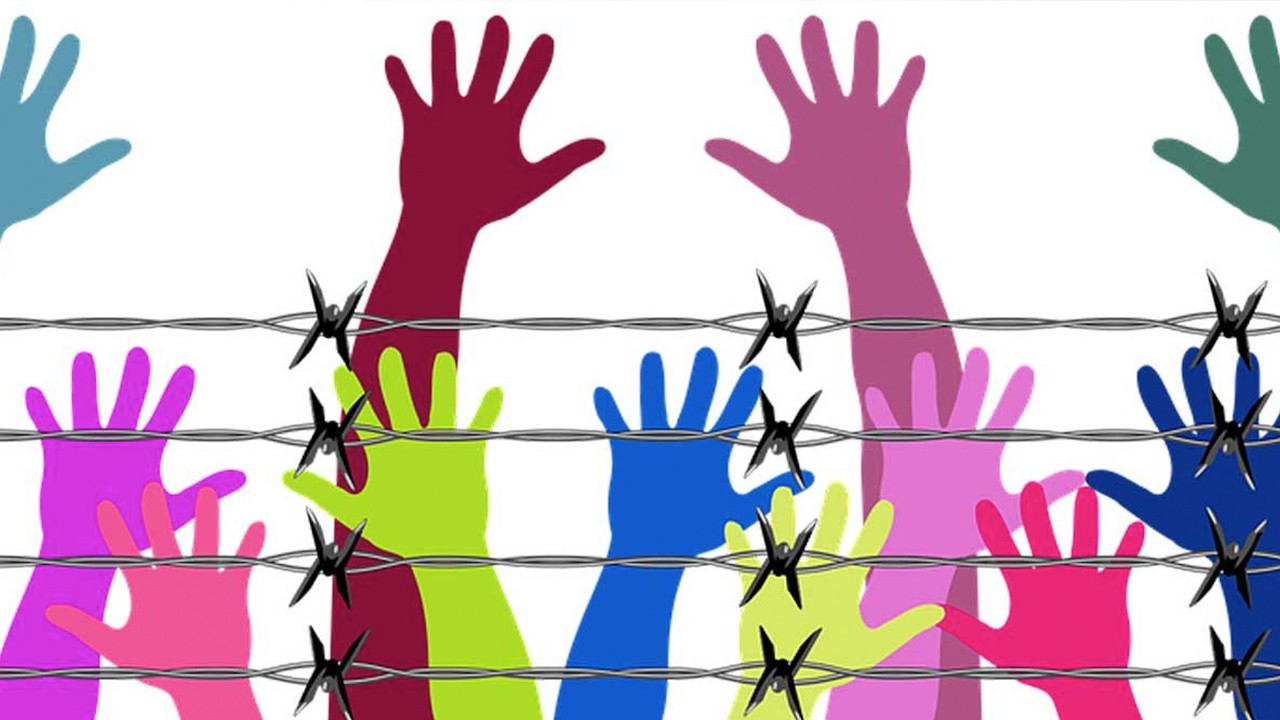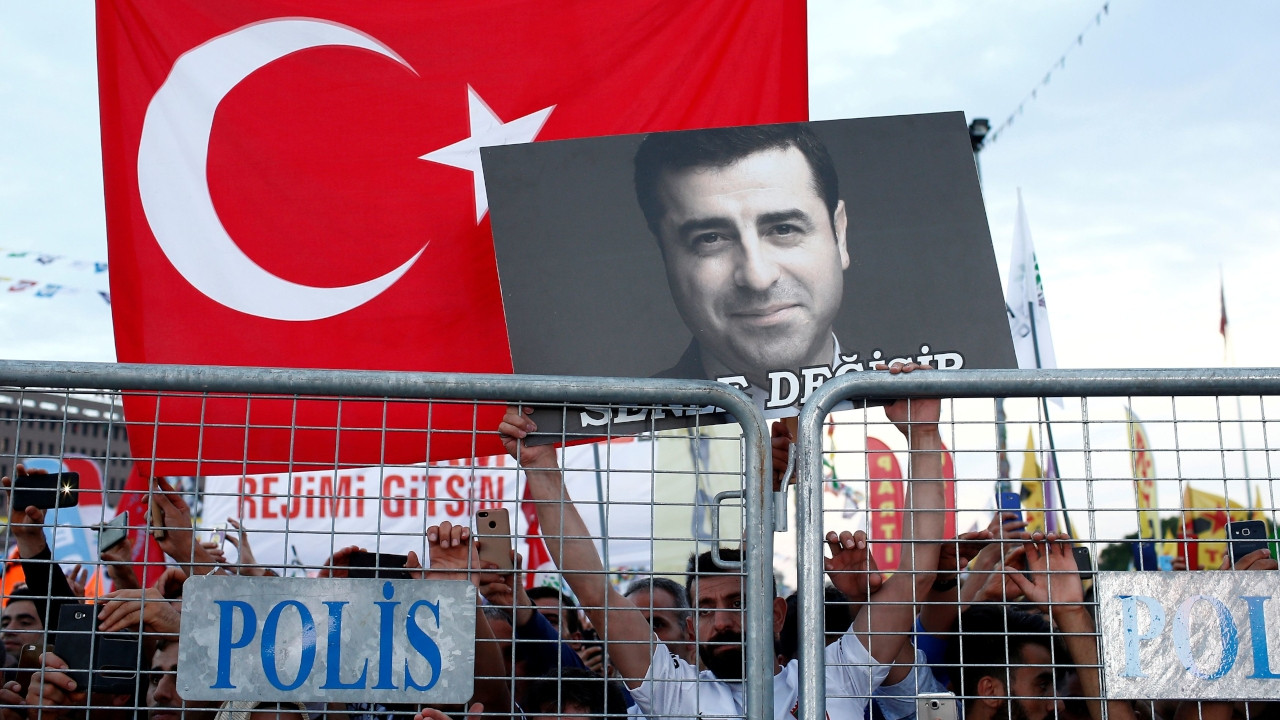Turkey comes second in failing to implement ECHR's rulings
Turkey holds the second place in terms of non-implementation of the ECHR's decisions, after Russia. There are a total of 5,231 cases pending execution by state parties, 689 of which belong to Turkey, according to a report released by Expression Interrupted. The report also noted that between 1959 and 2019, 3,645 of the 22,535 judgments delivered by the ECHR were against Turkey, making it the country against which the ECHR has delivered the most judgments.
Duvar English
Turkey comes in second among countries failing to implement the European Court of Human Rights' (ECHR) rulings, with 689 judgments out of a total 5,231 decisions, still pending execution by the state parties, said a report released by Expression Interrupted on Dec. 29 -- a group that tracks the legal processes against journalist and academics in the country.
“According to latest figures from the [Council of Europe] Committee of Ministers, there are 5,231 cases pending before the Committee as of 2019, awaiting execution by state parties. 1,663 of these cases belong to Russia. With 689 cases before the Committee of Ministers, Turkey holds the second place in terms of non-implementation of the ECHR decisions,” the report read.
Ukraine follows Turkey with 591 cases.
Between 1959 and 2019, 3,645 out of 22,535 judgments delivered by the ECHR concerned Turkey, and thus making the country the number one addressee of the rulings among 47 members of the Council of Europe, said the report.
On freedom of expression, Turkey again topped the list of the Council of Europe countries violating Article 10 of the Convention, the report said.
Of the 845 judgments between 1959 and 2019 where ECHR found violations of freedom of expression, 356 were against Turkey. Turkey is followed by Russia with 72 judgments, France with 38, and Austria with 35 judgments.
“One of the most important reasons for these huge numbers is non-implementation of the previous judgments of the ECHR, which sets the stage for repetition of similar violations in the future,” read the report.
The report touches upon the Turkish law articles that constitute the base for these rights violations, and says the following charges have been used as a pretext to convict people: “insulting president,” “denigrating the Turkish nation/state,” “propaganda for a terrorist organization,” and “membership of an armed terrorist organization.”
The report noted that Turkish courts interpret the notion of “membership” of an illegal organization in extensive terms, and regard the mere act of attending a public meeting and shouting slogans and making victory signs there to be sufficient to conclude that the person in question acted on behalf of a terrorist organization.
The report also touched upon the cases of jailed former Peoples' Democratic Party (HDP) co-chair Selahattin Demirtaş and philanthropist Osman Kavala, saying prosecutors and courts “must stop using criminal procedures, and in particular pre-trial detention, to punish and discourage the exercise of freedom of expression.”
It recalled the ECHR's judgments with regards to the cases of these two prominent figures, saying their continued imprisonment is in violation of their rights.
“These [ECHR] judgments are also a milestone and a warning with regard to cases of the journalists and human rights defenders, who are targeted for their journalistic activities or their work in the field of human rights, and deprived of their liberty in order to be silenced and punished,” it said.
The report concluded by saying that for rights violations to come to an end, independence of the Turkish judiciary “must be fully achieved.” “And for this, the authorities must demonstrate such political will. Without it, all legislative amendments and all measures taken to improve freedom of expression would be futile,” it said.

 Turkey in 2020: A year marred by chilling human rights violationsHuman Rights
Turkey in 2020: A year marred by chilling human rights violationsHuman Rights PACE rapporteurs urge Turkey to abide by ECHR ruling for Demirtaş's immediate releaseHuman Rights
PACE rapporteurs urge Turkey to abide by ECHR ruling for Demirtaş's immediate releaseHuman Rights EU calls for 'urgent' release of Osman Kavala, finds his ongoing arrest against rule of lawHuman Rights
EU calls for 'urgent' release of Osman Kavala, finds his ongoing arrest against rule of lawHuman Rights